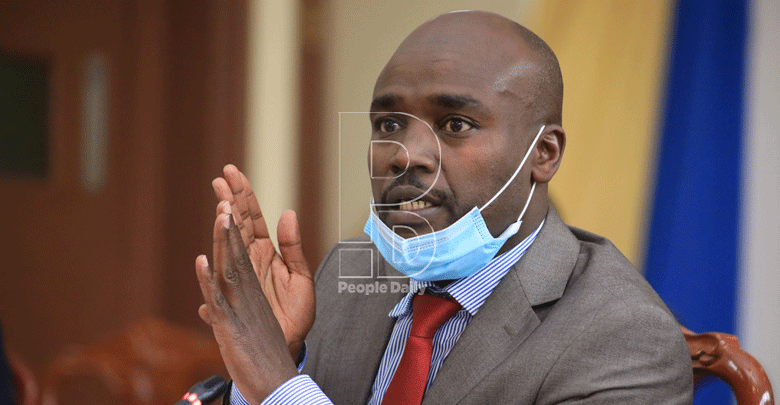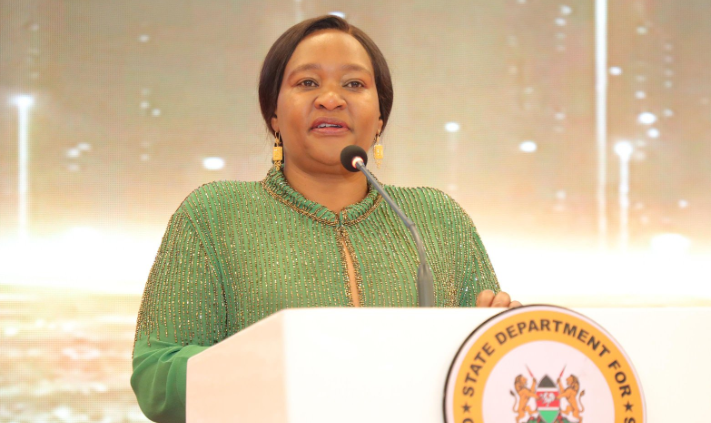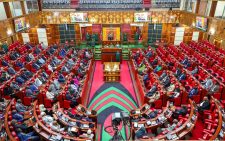Reprieve for Bomet as court suspends implementation of sections in tea Act

Bomet governor Hillary Barchok has termed as a ‘big relief’ decision by a court to suspend the implementation of a section in the tea Act barring direct sale of tea.
Expressing his satisfaction over the ruling, Barchok said the section, if implemented, could have infringed on the rights of small scale tea farmers in the country seeking for better markets for their produce.
He noted that while his administration was in the last stages of negotiations with Iranian government with a view to exporting tea produced in the county directly, the ruling also comes as a reprieve for all farmers in the country and not from Bomet alone.
“Early last year, the county negotiated and struck a lucrative deal with Iran…the deal would suffer a setback following the introduction of section 36 of the tea Act which restricts tea farmers from selling their produce to any other place other than the tea auction floor,” he stated.
He added, “This move also denied our farmers the benefits to have direct sales and other benefits such as favorable prices, market free from middlemen and would eventually boost the economy of Bomet.”
Following the enactment of the Act, the county through Barchok filed the case at the Bomet high court in March this year challenging sections 5(j), (l), 32, 34, 36, 48, and 53.
Those named as respondents were agriculture cabinet secretary Peter Munya, Attorney general and the national assembly.
By the time the ruling was delivered on Tuesday, Justice Roselyn Korir said “none of the respondents had entered appearance and responded to the application”.
In giving the ruling, Korir said she considered the averments in the applicant’s supporting affidavit and the submissions as hence satisfied that the applicant put an “arguable and prima facie” case against the respondents.
“I am persuaded by the arguments that the applicant has demonstrated an overwhelming public interest in the litigation…it is therefore right and proper that the conservatory order is granted to protect the public interest in the interim,” she stated.
The orders will now remain in force pending hearing and determination of the petition.
Barchok was represented by lawyer Hillary Sigei.













